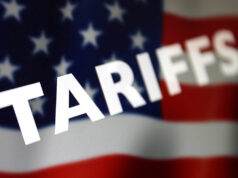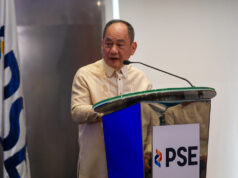DoE monitoring oil firms’ compliance with excise tax implementation
THE Department of Energy (DoE) is monitoring oil firms to ensure the second round of excise taxes for petroleum slated for 2019 will only be imposed on new inventory.
“With the imposition of the additional excise taxes, we are stringently looking at the 2018 inventories of oil companies in order to protect consumers from unjust trading and profiteering once the second tranche is operationalized,” DoE Secretary Alfonso G. Cusi was quoted as saying in a Thursday statement.
The DoE, together with the Department of Finance, the Bureau of Customs, and the Bureau of Internal Revenue, set up a mechanism to monitor the remaining inventories of oil companies before the implementation of the P2/liter excise tax next year, he said.
“We are ready to implement the second tranche of TRAIN, which imposes additional excise taxes to various commodities like petroleum products by New Year,” Mr. Cusi said.
He also noted that not complying with this order will have corresponding penalties.
“The sale of old stocks, referring to the remaining balance of the inventory ending 31 December 2018, which was not covered by the second tranche of excise taxes should not be collected from the consumers. Otherwise, it would be a violation of the law — not only administrative penalties like closure of the establishment will be imposed, but also the criminal penalty of large scale estafa,” Mr. Cusi said.
On Dec. 4, President Rodrigo R. Duterte approved his economic managers’ recommendation to scrap his order to suspend the oil price hike.
This means the continued implementation of the second tranche of the oil excise tax — an additional P2/liter set in 2019. This is after a P2.50/liter levy implemented in January 2018. An additional tax of P1.5/liter will be imposed in 2020.
The government noted that several factors were considered in the decision to implement the tax next year, including easing inflation amid a steep decrease in oil prices. — VMPG



